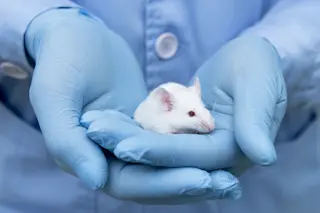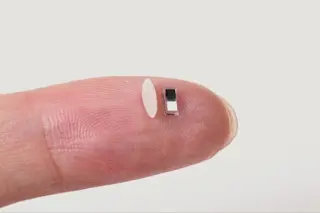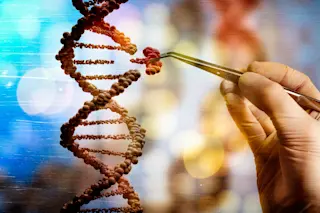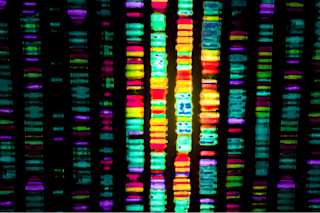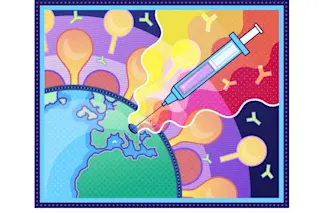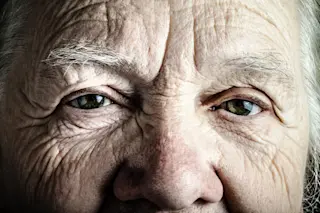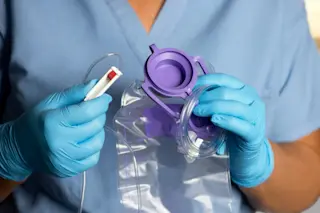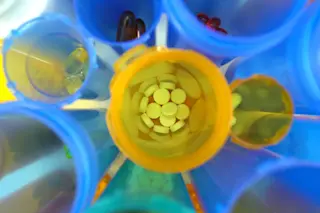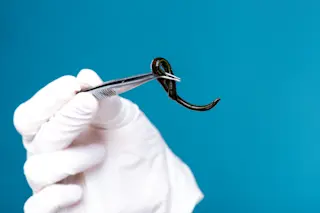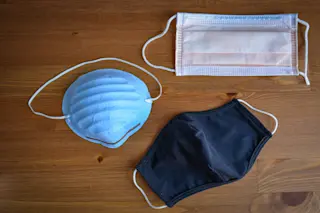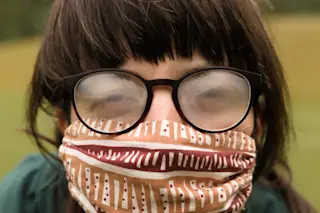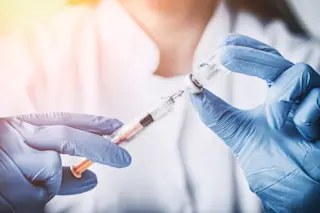(Credit: unoL/Shutterstock) Tiny robots powered by bubbles have successfully treated an infection in mice. The achievement is another step forward in a field that has long shown promise, and is only now beginning to deliver. The therapeutic robots in this case were tiny spheres of magnesium and titanium coated with an antibacterial agent and about the width of a human hair. They were released into the stomach, where they swam around and delivered a drug to the target before dissolving.
Researchers from the University of California, San Diego targeted their treatment, which they refer to as "micromotors" to Helicobacter pylori, a species of bacteria that causes ulcers. To treat such infections, drugs must first neutralize the acidity of the stomach, something normally done with a class of drugs called proton pump inhibitors that stop acid production. This can have unpleasant side effects, however, so it's less than ideal. The micromotors ...


